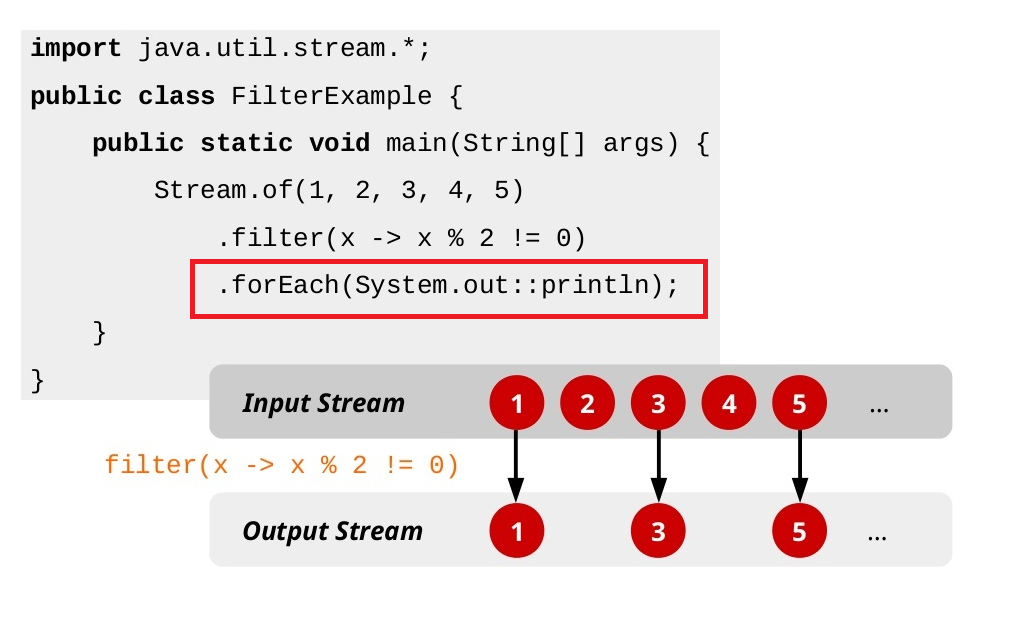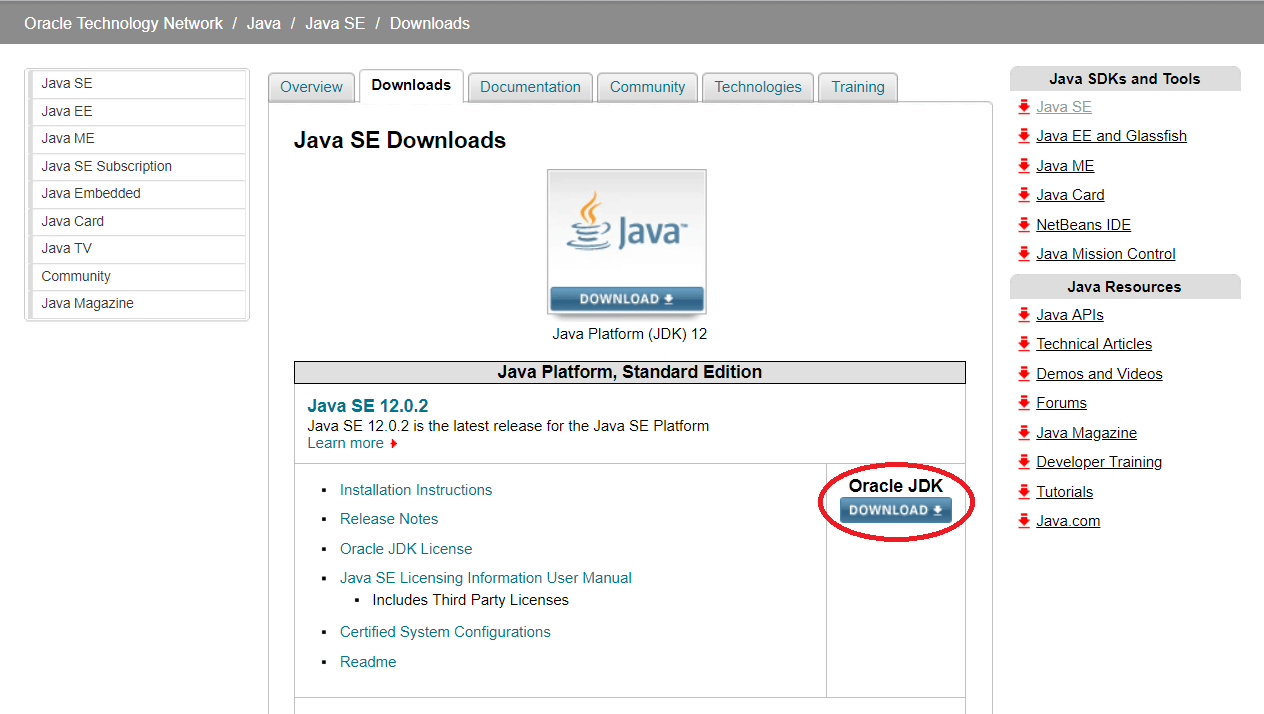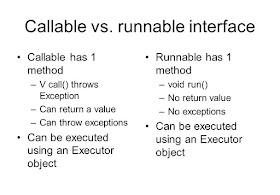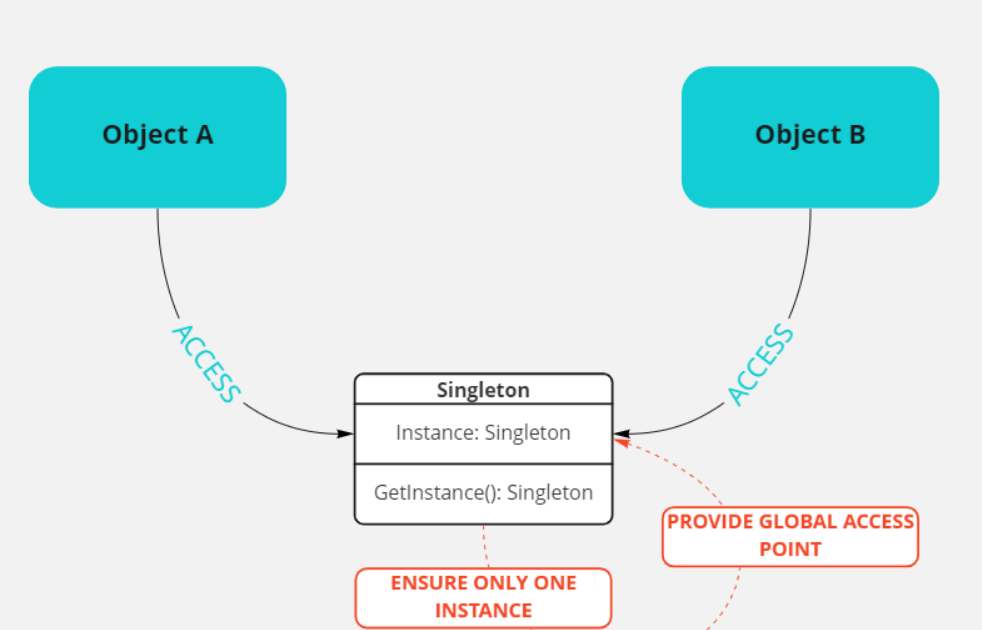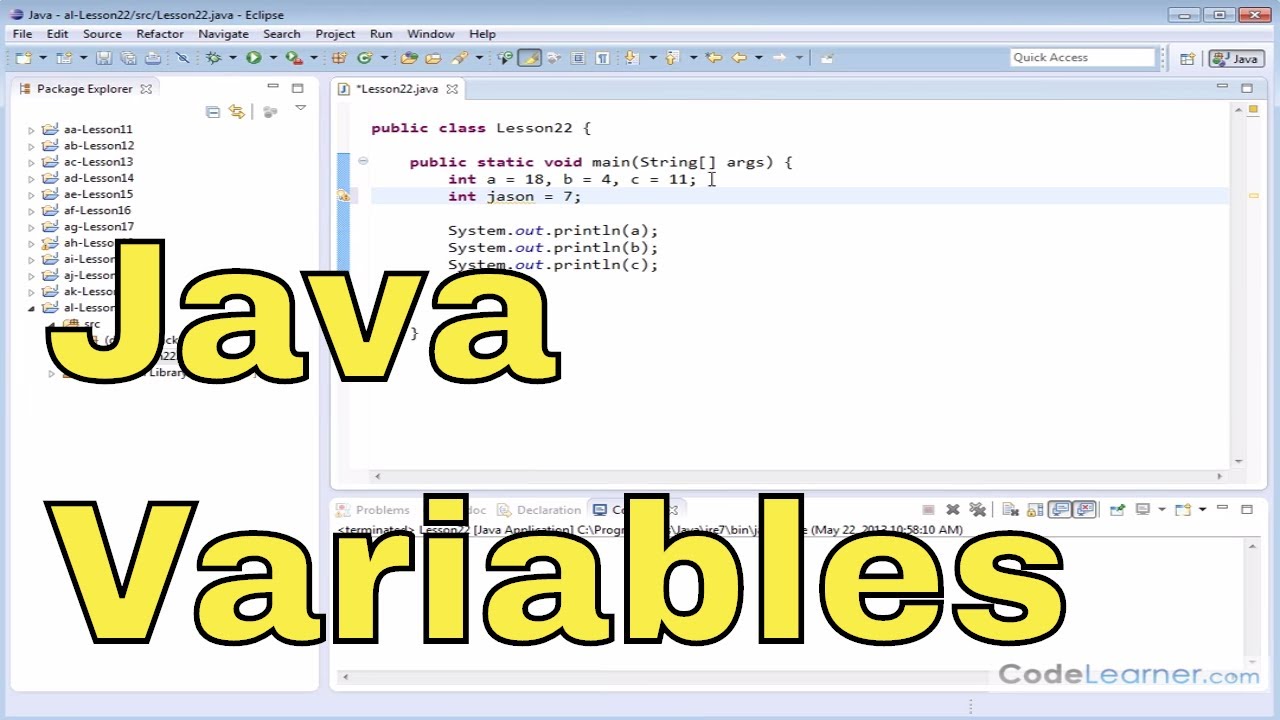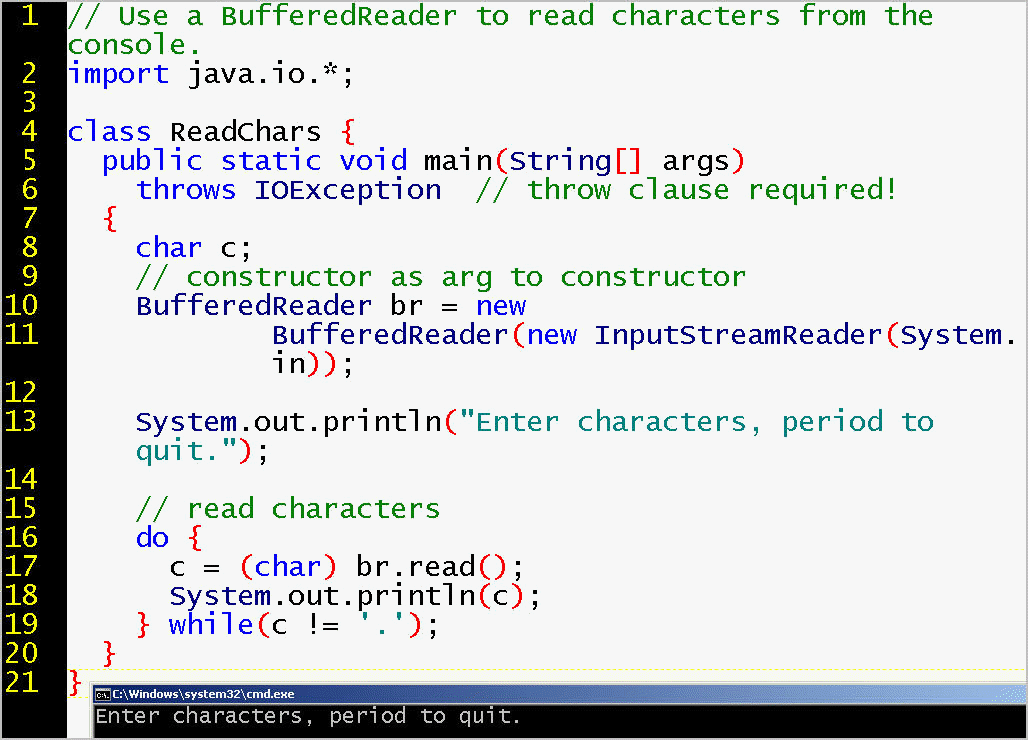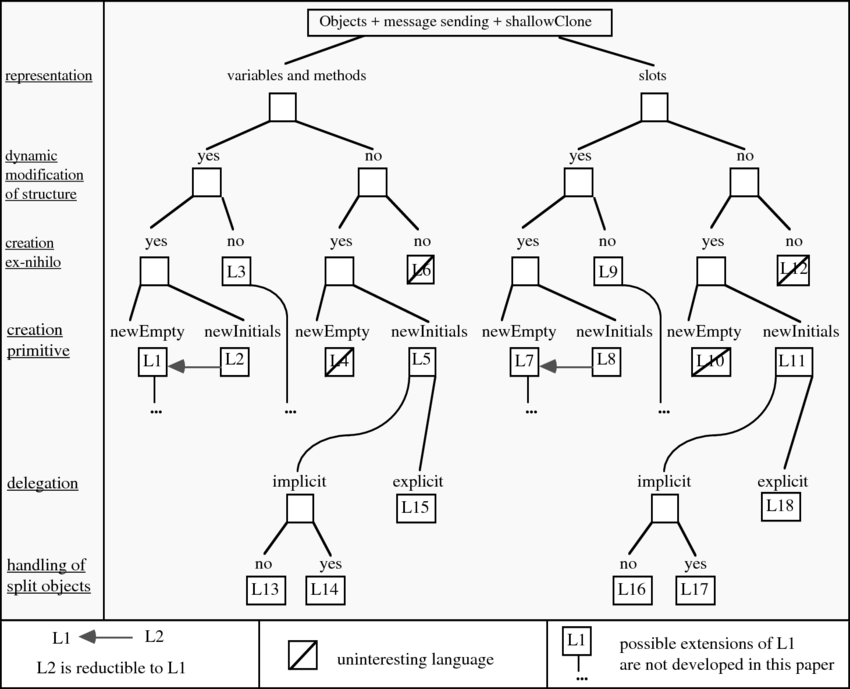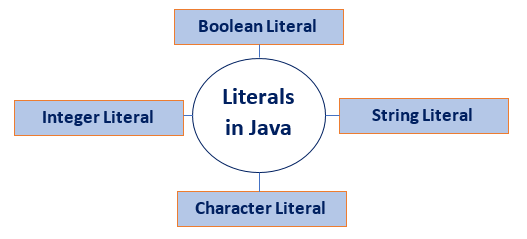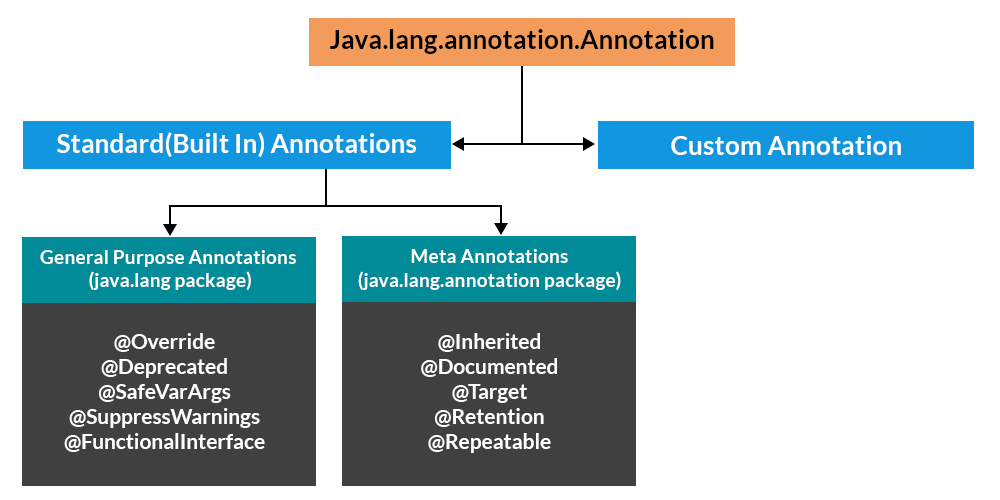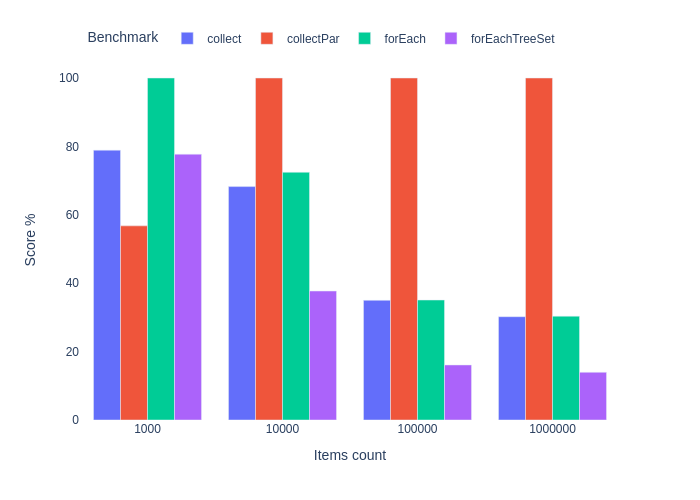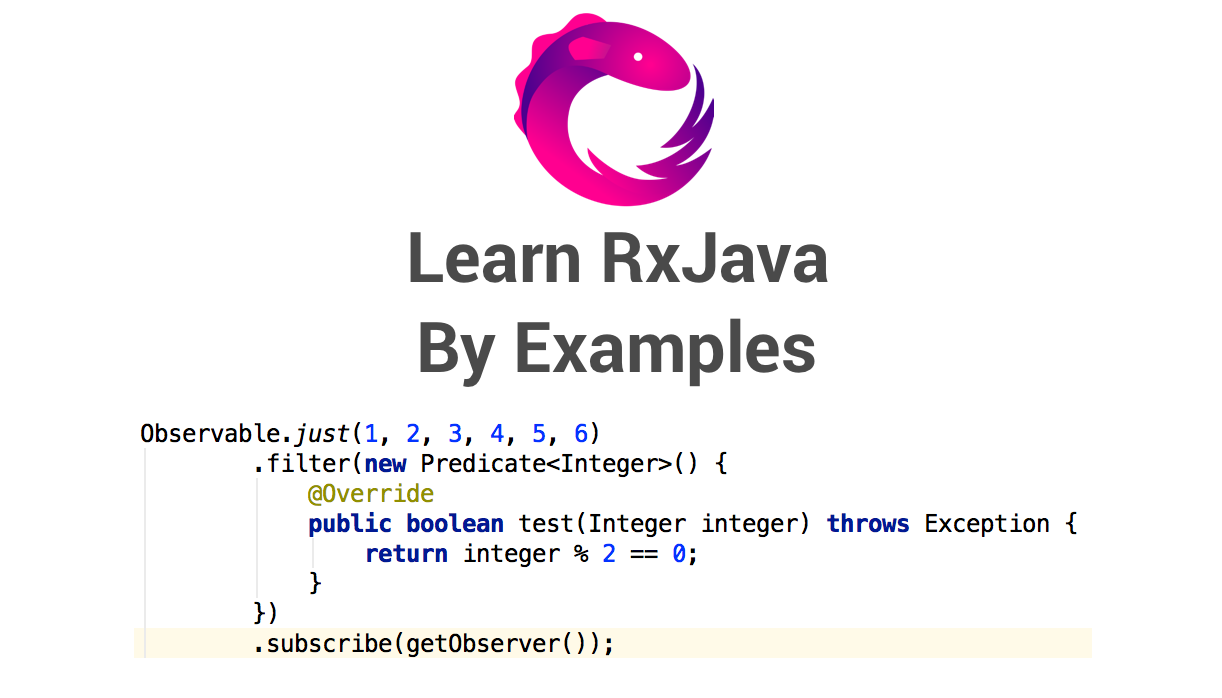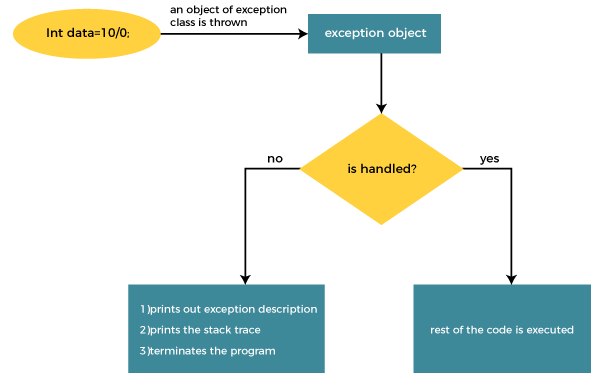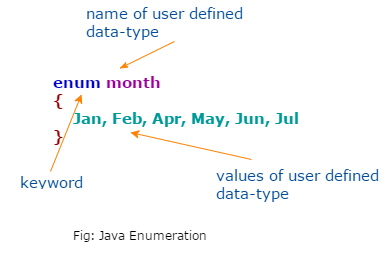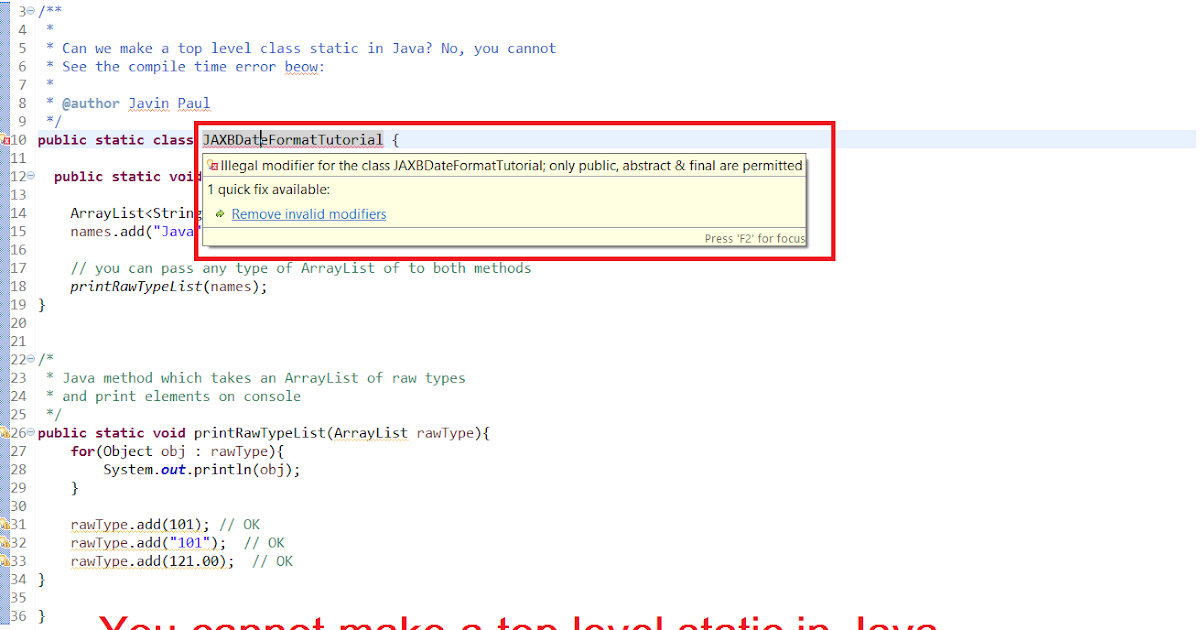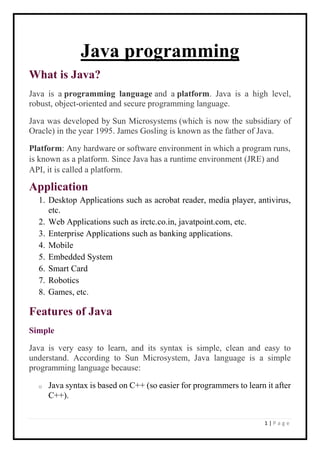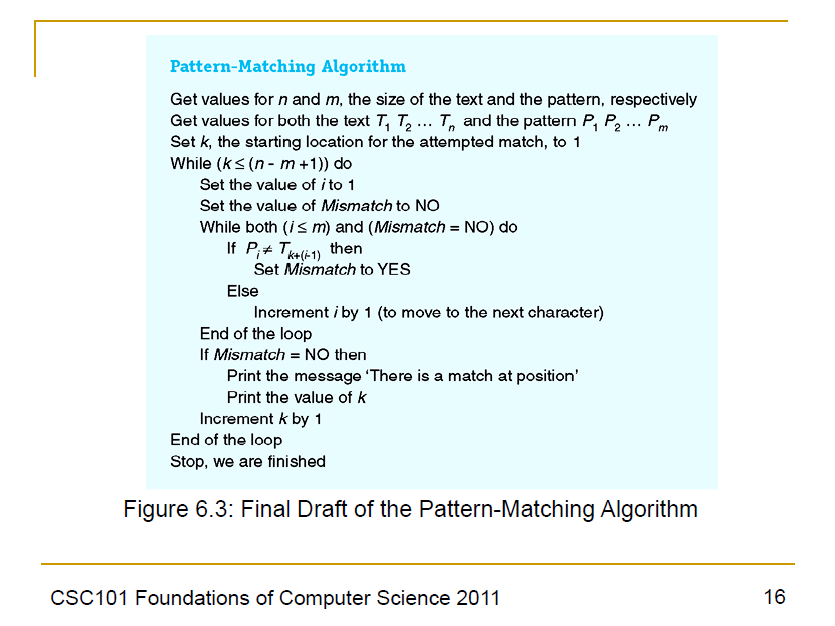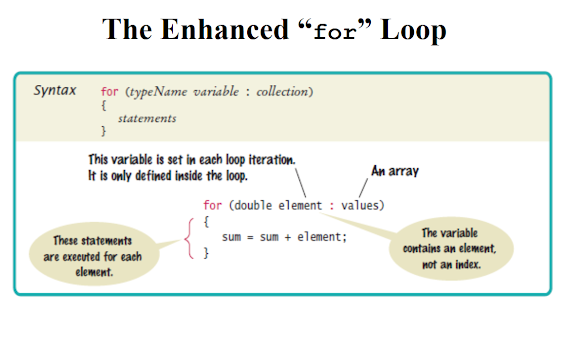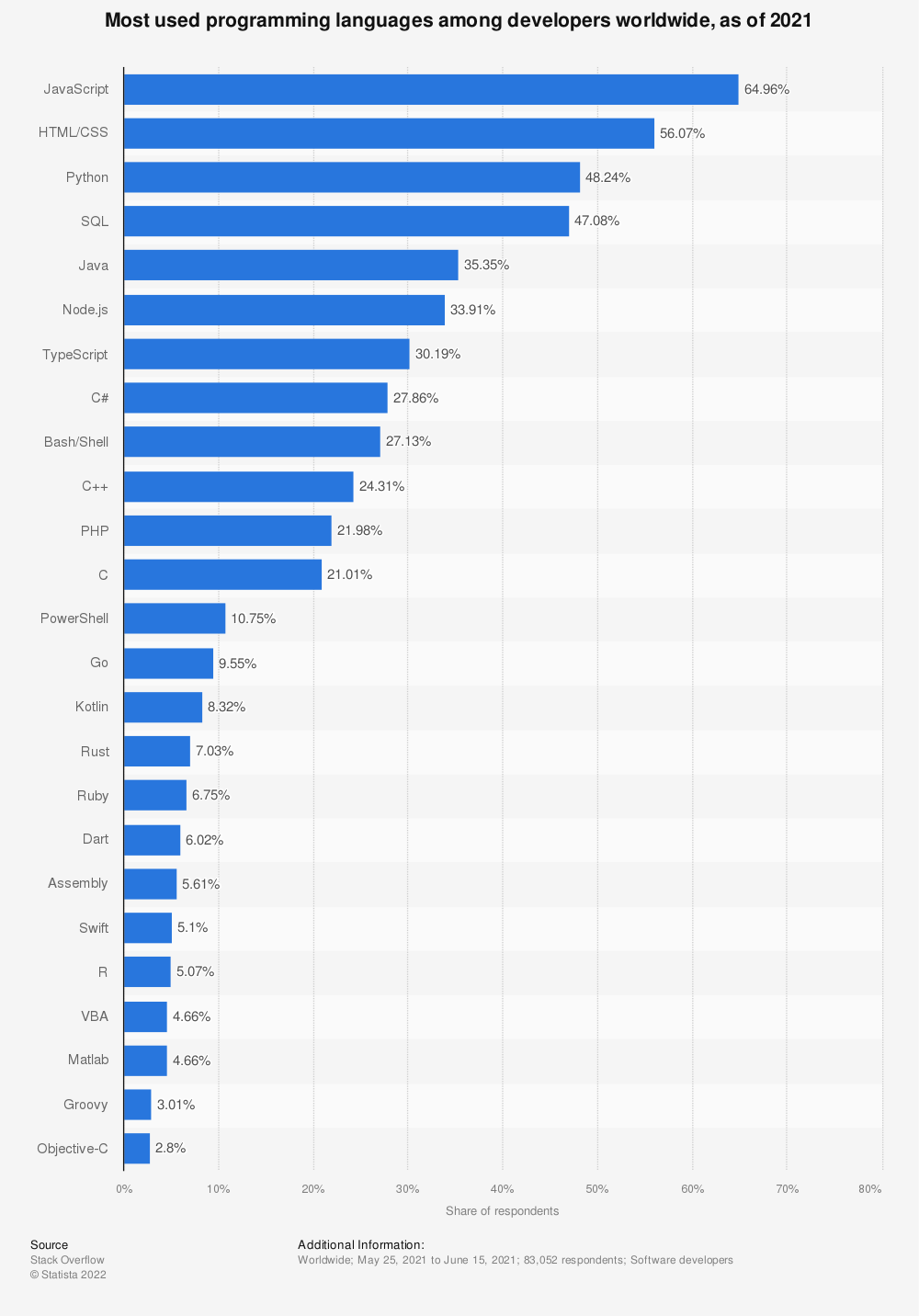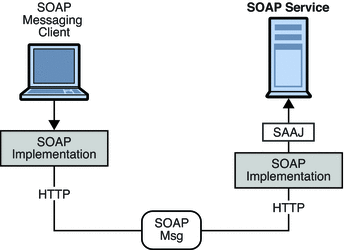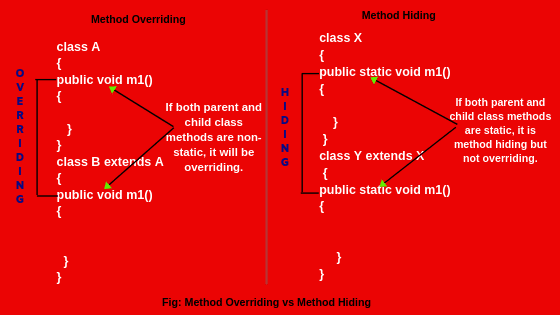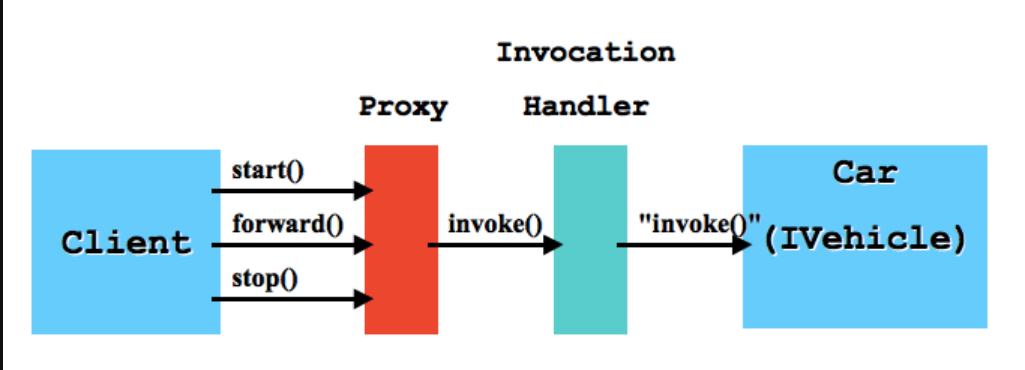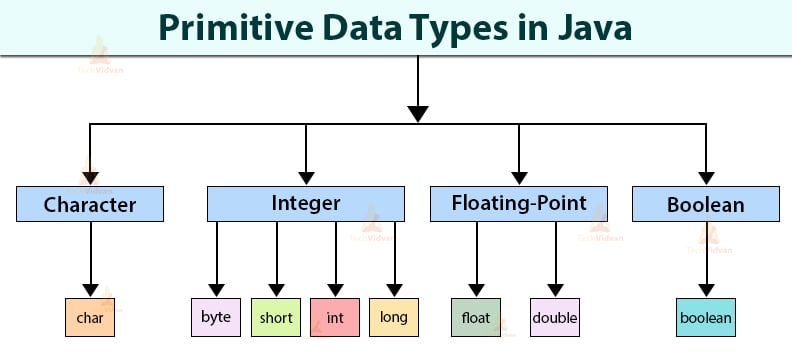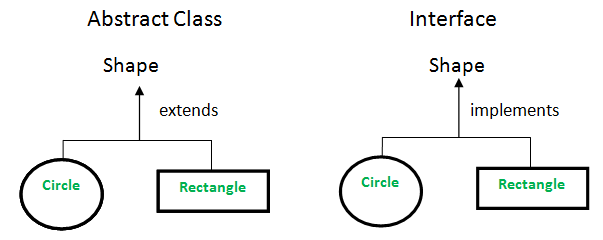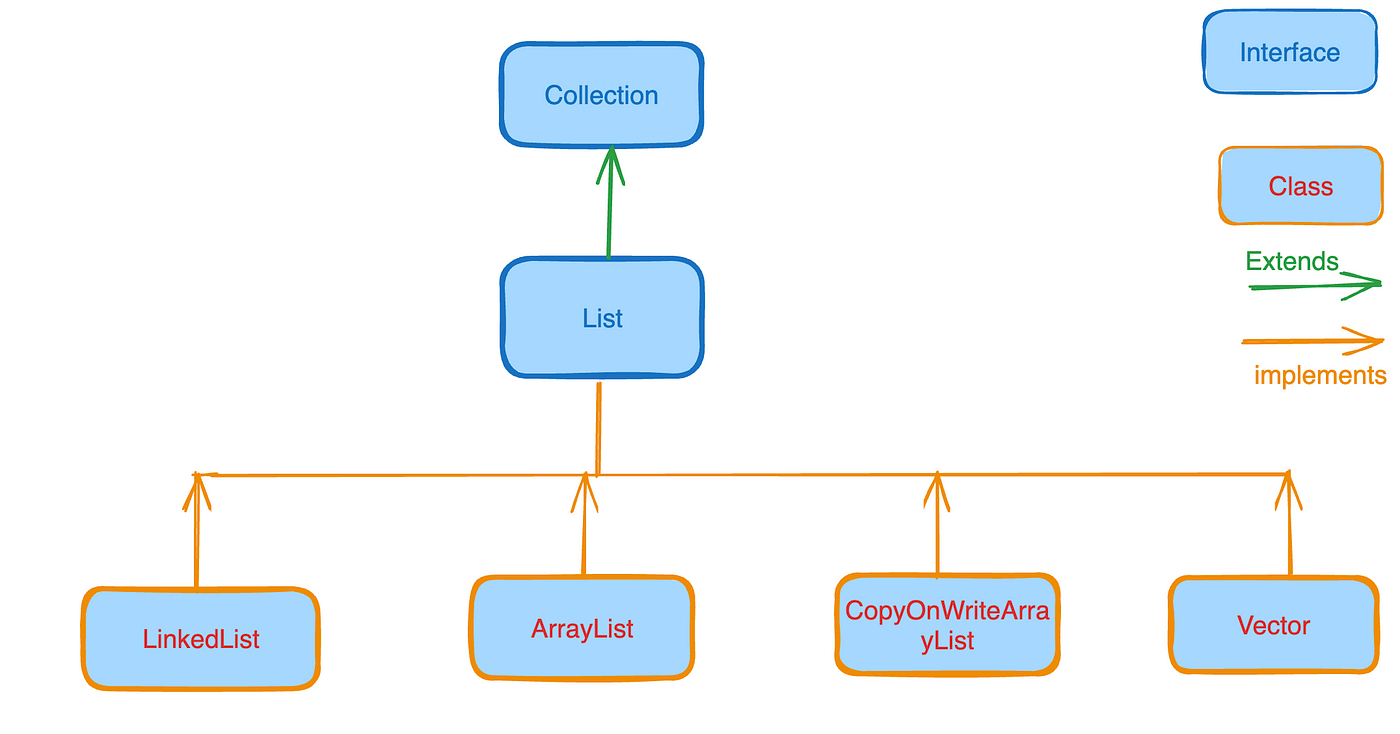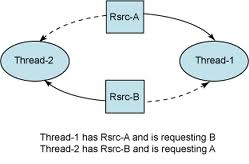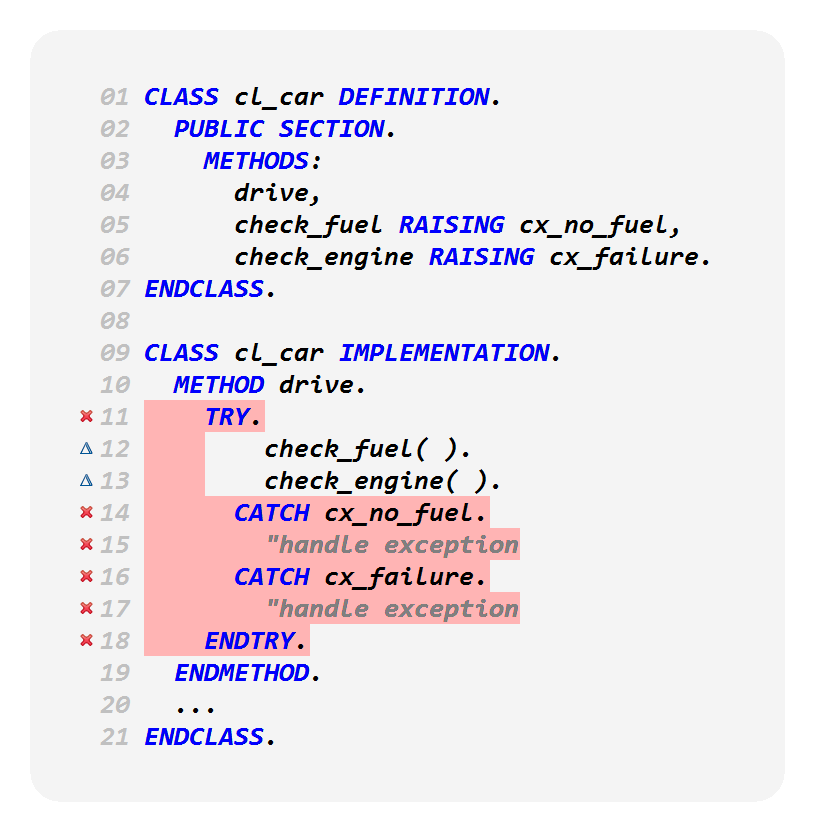Java vs python reddit
Java vs python reddit
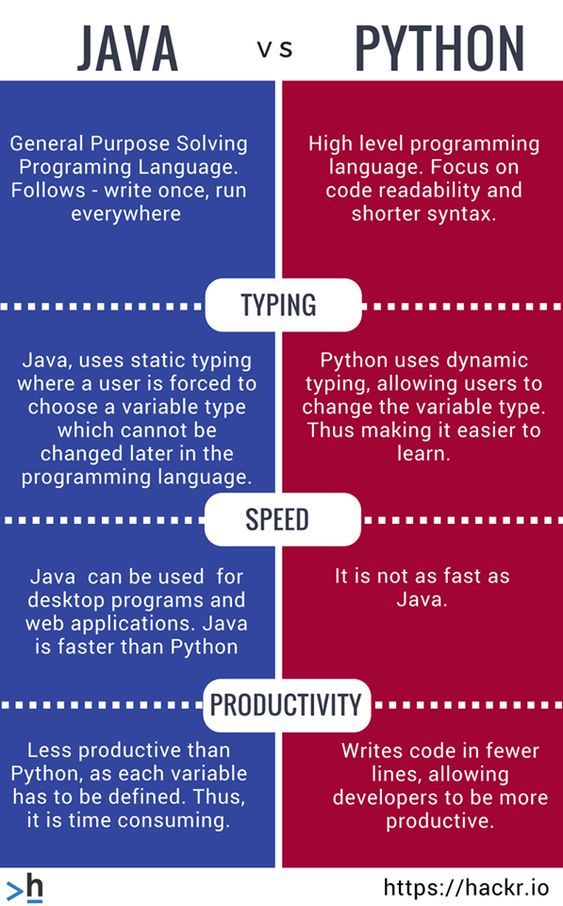
The age-old debate: Java vs Python on Reddit!
As a neutral observer, I've been keeping an eye on the ongoing discussion between programmers and enthusiasts of both languages. It's always fascinating to see the passion and conviction behind each side's arguments.
On one hand, you have the Java advocates who swear by its robustness, scalability, and versatility in handling complex projects and large-scale applications. They tout its ability to run anywhere, thanks to its "Write Once, Run Anywhere" mantra, and emphasize the importance of its vast ecosystem of libraries, frameworks, and tools. Not to mention the iconic Android app development that Java enabled.
On the other hand, you have the Pythonistas who champion its simplicity, readability, and rapid prototyping capabilities. They stress how Python's syntax is designed for ease-of-use, allowing beginners to get started quickly without getting bogged down in complexities. Its dynamic typing, lack of boilerplate code, and extensive libraries (e.g., NumPy, Pandas, Matplotlib) make it an ideal choice for data science, machine learning, and AI tasks.
Some common criticisms aimed at Java include:
Over-engineering: Critics say that Java's verbosity can lead to over-complicated code, making it harder to maintain. Performance overhead: Some claim that Java's Just-In-Time (JIT) compiler and garbage collection processes introduce performance bottlenecks. Limited use cases: Some argue that Java is mainly useful for large-scale enterprise applications, whereas Python excels in scientific computing and data analysis.Meanwhile, the Python haters often point out:
Slow execution speed: They claim that Python's interpreted nature and lack of native compilation result in slower execution times. ** Limited support for concurrency**: Critics argue that Python's Global Interpreter Lock (GIL) limits its ability to take full advantage of multi-core processors. Steep learning curve for advanced topics: Some contend that while Python is beginner-friendly, it can become tricky to master more complex concepts like decorators, metaclasses, and async/await.Of course, both sides have valid points, and the ultimate decision often depends on project-specific requirements, personal preferences, and the programmer's experience.
As I wrap up this summary (pun intended!), it becomes clear that Java and Python each bring unique strengths to the table. The key takeaway is that neither language is inherently better; it's about choosing the best tool for the job based on your specific needs.
The debate may rage on, but one thing remains true: both Java and Python have earned their place in the programmer's toolkit, and will continue to coexist harmoniously (or not so much ) within the world of software development.
Java vs Python vs C++

The age-old debate! As a neutral AI, I'll provide an objective comparison of Java, Python, and C++ to help you decide which programming language is best for your needs.
Java
Pros:
Platform independence: Java's "write once, run anywhere" philosophy makes it perfect for developing cross-platform applications. Robust security features: Java's sandboxing approach provides a high level of security and protection against malware. Large community: Java has an enormous user base, resulting in extensive documentation, libraries, and frameworks.Cons:
Complexity: Java's verbose syntax and complex object-oriented programming can be overwhelming for beginners. Performance overhead: The JVM (Java Virtual Machine) introduces a performance overhead compared to native languages like C++ or Python.Python
Pros:
Ease of use: Python's syntax is straightforward, making it an ideal language for beginners. Rapid development: Python's fast execution and extensive libraries enable rapid prototyping and development. Cross-platform compatibility: Python's code can run seamlessly on various platforms, including Windows, macOS, and Linux.Cons:
Slow performance: Python's interpreted nature means it might not be the best choice for high-performance applications. Limited control over memory management: Python's automatic memory management can lead to memory-related issues if not managed carefully.C++
Pros:
Low-level control: C++ provides direct access to hardware resources, making it ideal for systems programming and high-performance applications. Performance: As a compiled language, C++ offers superior performance compared to interpreted languages like Python or Java. Direct memory management: Developers have full control over memory allocation and deallocation.Cons:
Steep learning curve: C++'s complex syntax, pointer arithmetic, and lack of runtime checks require significant expertise. Platform dependencies: C++ code is often tied to specific platforms, making it less portable than Java or Python.In conclusion, each language has its strengths and weaknesses. When choosing between Java, Python, and C++, consider the following factors:
Ease of development: If you're new to programming, Python's simplicity might be a good starting point. Performance requirements: If high-performance is crucial, C++ or Java (with native compilation) might be a better choice. Cross-platform compatibility: For applications that need to run on multiple platforms, Java or Python's platform independence could be beneficial.Ultimately, the best language for you depends on your goals, experience level, and the specific requirements of your project.

